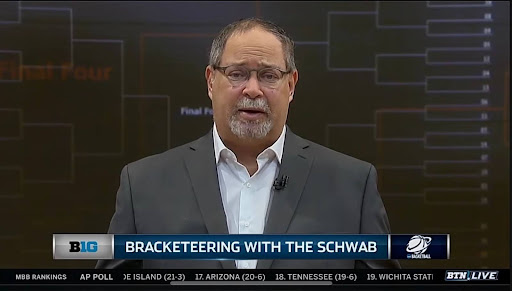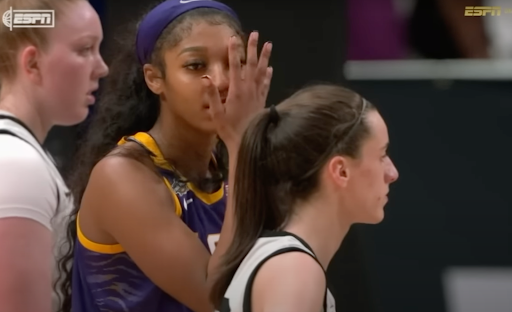As we review the decade’s more influential trends, it is interesting to observe how difficult it gets to avoid following eating trends, between commercialized must-have diets and keeping a tight image in front of societal judgment.
When analyzing the cultural impacts of food intake, there’s an alarming excess of social media stars who rely heavily on exposing their young viewers to their eating habits.
And this includes the new phenomenon of online celebrities eating on camera.
Mukbangs, an internet trend where users eat large portions of food in one sitting for a video, became very popular in online communities racking up over hundreds of millions of views on Youtube alone and makes creators a lot of money through food sponsorships and product promotion.
As many people follow the same eating trends their favorite celebrities and social media creators follow, it has become more noticeably concerning how the change in eating patterns for consumers has slowly developed into eating disorders. These eating patterns encourage overeating in the guise of self-sufficiency and obliterates the meaning of healthy living through social media.
So, in what ways can the ideas of healthy living and self-sufficiency through eating habits be synchronized? Well, getting rid of the idea that binging on large amounts of junk food will instantly produce a source of happiness is a good start, as stated in WebMD’s “How does Stress Affect Binge Eating?” article.
While to some it may seem purely enjoyable, to others it encourages a pattern of self-destructive behavior to their own habitual food intake.
National Eating Disorders Association’s (NEDA) statistics show that Binge Eating Disorder (BED) often develops within late teens to older 20s, further reporting BED to be three times more common than anorexia and bulimia combined.
Also reported under NEDA’s BED informatics, health consequences for overeating food include stomach rupture and a building resistance to insulin, eventually leading to type 2 Diabetes.
BED is a disorder more commonly distinguished through its emotional symptoms such as guilt, depression, shame and stress. These emotions are prevalent in college student communities as students undergo enormous levels of stress, anxiety and often turn to unhealthy eating habits.
It’s important to note that stress hormones trigger the release of hunger-inducing hormones, which lead to overeating in regards to combatting stress levels. Binging, in reality, does not combat it, but instead increases levels of anxiety within students.
Managing a proper balance to maintain good health should be a common goal for everyone, in turn it should allow a more cautious approach to what external influences promote.
Managing a healthy relationship to eating food should require a personal effort to understanding one’s body. Not everything on the internet is reliable and certainly it should be understood that while one person’s consumption of certain foods is okay, for others it can throw off a balance. It is advisable to turn to a health professional for eating advice and doing proper research of one’s own body rather than following the lifestyles of others. On that note, there should be more of an emphasis on the line between what is good for us to consume, and what shouldn’t always be broadcasted for others to follow.



















